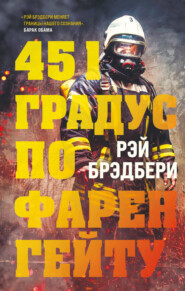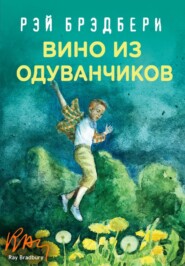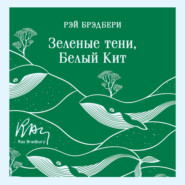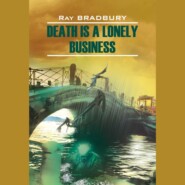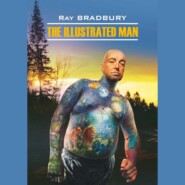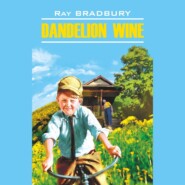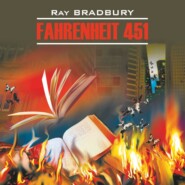По всем вопросам обращайтесь на: info@litportal.ru
(©) 2003-2024.
✖
The Toynbee Convector
Настройки чтения
Размер шрифта
Высота строк
Поля
And the train ran in the night as she spoke the last words of Hamlet’s father’s ghost:
“‘… Fare thee well at once …’”
“‘… Adieu, adieu! Remember me.’”
And she repeated:
“‘… remember me!’”
And the Orient ghost quivered. She pretended not to notice but seized a further book:
“‘… Marley was dead, to begin with
As the Orient train thundered across a twilight bridge above an unseen stream.
Her hands flew like birds over the books.
“‘I am the Ghost of Christmas Past!’”
Then:
“‘The Phantom Rickshaw glided from the mist and clop-clopped off into the fog—’”
And wasn’t there the faintest echo of a horse’s hooves behind, within the Orient ghost’s mouth?
“‘The beating beating beating, under the floorboards of the Old Man’s Telltale Heart!’” she cried, softly.
And there! like the leap of a frog. The first faint pulse of the Orient ghost’s heart in more than an hour.
The Germans down the corridor fired off a cannon of disbelief.
But she poured the medicine:
“‘The Hound bayed out on the Moor—’”
And the echo of that bay, that most forlorn cry, came from her traveling companion’s soul, wailed from his throat.
As the night grew on and the moon arose and a Woman in White crossed a landscape, as the old nurse said and told, and a bat that became a wolf that became a lizard scaled a wall on the ghastly passenger’s brow.
And at last the train was silent with sleeping, and Miss Minerva Halliday let the last book drop with the thump of a body to the floor.
“Requiescat in pace?” whispered the Orient traveler, eyes shut.
“Yes.” She smiled, nodding. “Requiescat in pace.” And they slept.
And at last they reached the sea.
And there was mist, which became fog, which became scatters of rain, like a proper drench of tears from a seamless sky.
Which made the ghastly passenger open, ungum his mouth, and murmur thanks for the haunted sky and the shore visited by phantoms of tide as the train slid into the shed where the mobbed exchange would be made, a full train becoming a full boat.
The Orient ghost who stood well back, the last figure on a now self-haunted train.
“Wait,” he cried, softly, piteously. “That boat! There’s no place on it to hide! And the customs!”
But the customs men took one look at the pale face snowed under the dark cap and earmuffs, and swiftly flagged the wintry soul onto the ferry.
To be surrounded by dumb voices, ignorant elbows, layers of people shoving as the boat shuddered and moved and the nurse saw her fragile icicle melt yet again.
It was a mob of children shrieking by that made her say: “Quickly!”
And she all but lifted and carried the wicker man in the wake of the boys and girls.
“No,” cried the old passenger. “The noise!”
“It’s special!” The nurse hustled him through a door. “A medicine! Here!”
The old man stared around.
“Why,” he murmured. “This is—a playroom.”
And she steered him into the midst of all the screams and running.
“Children!” she called.
The children froze.
“Story-telling time!”
They were about to run again when she added, “Ghost story-telling time!”
She pointed casually to the ghastly passenger, whose pale moth fingers grasped the scarf about his icy throat.
“All fall down!” said the nurse.
The children plummeted with squeals to the floor. All about the Orient traveler, like Indians around a tepee, they stared up along his body to where blizzards ran odd temperatures in his gaping mouth.
He wavered. She quickly said:
“You do believe in ghosts, yes?”
“Oh, yes!” was the shout. “Yes!”
It was as if a ramrod had shot up his spine. The Orient traveler stiffened. The most brittle of tiny flinty sparks fired his eyes. Winter roses budded in his cheeks. And the more the children leaned, the taller he grew, and the warmer his complexion. With one icicle finger he pointed at their faces.
“I,” he whispered, “I,” a pause. “Shall tell you a frightful tale. About a real ghost!”
“Oh, yes!” cried the children.






